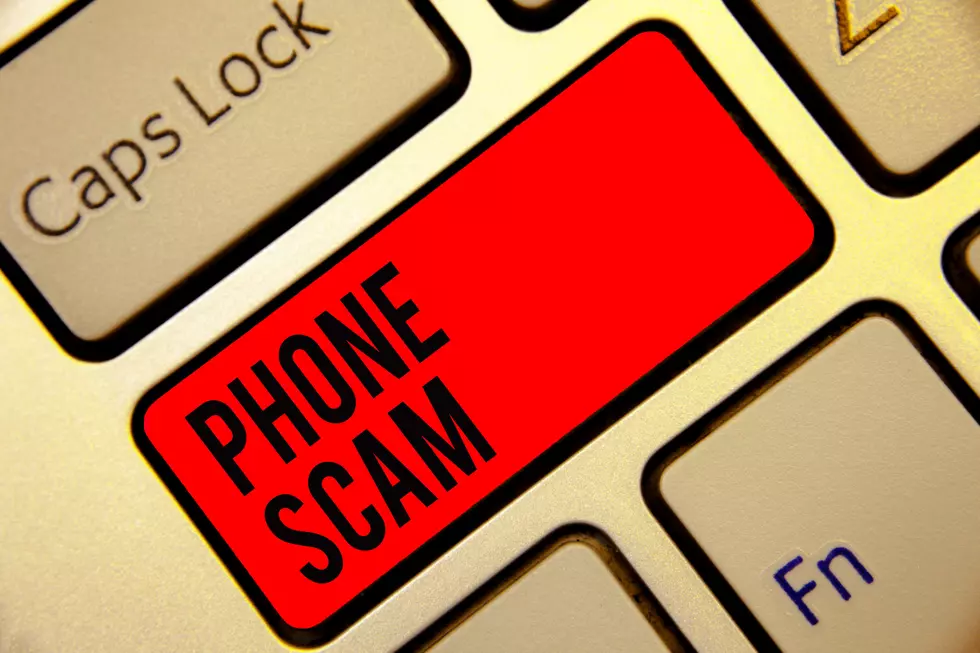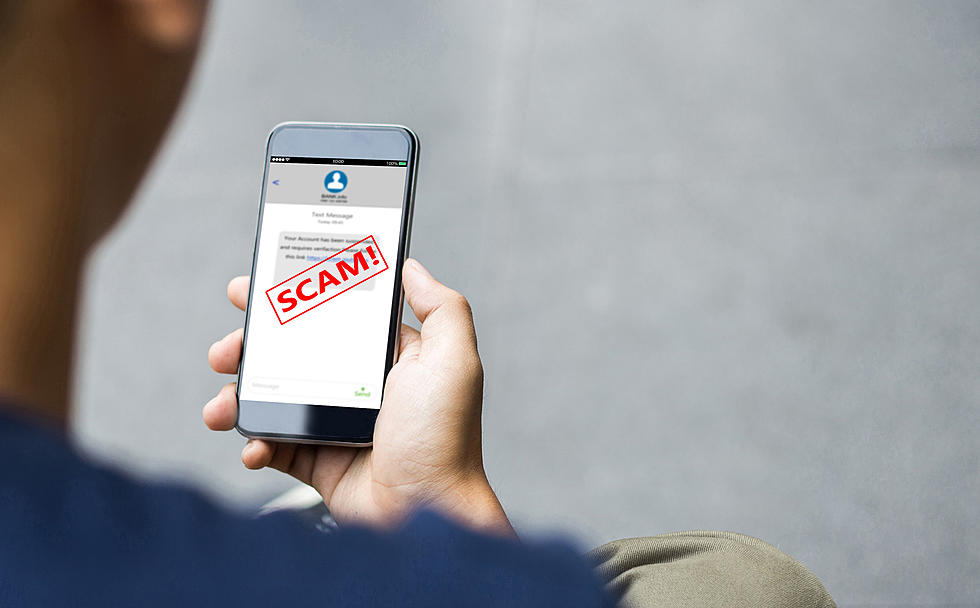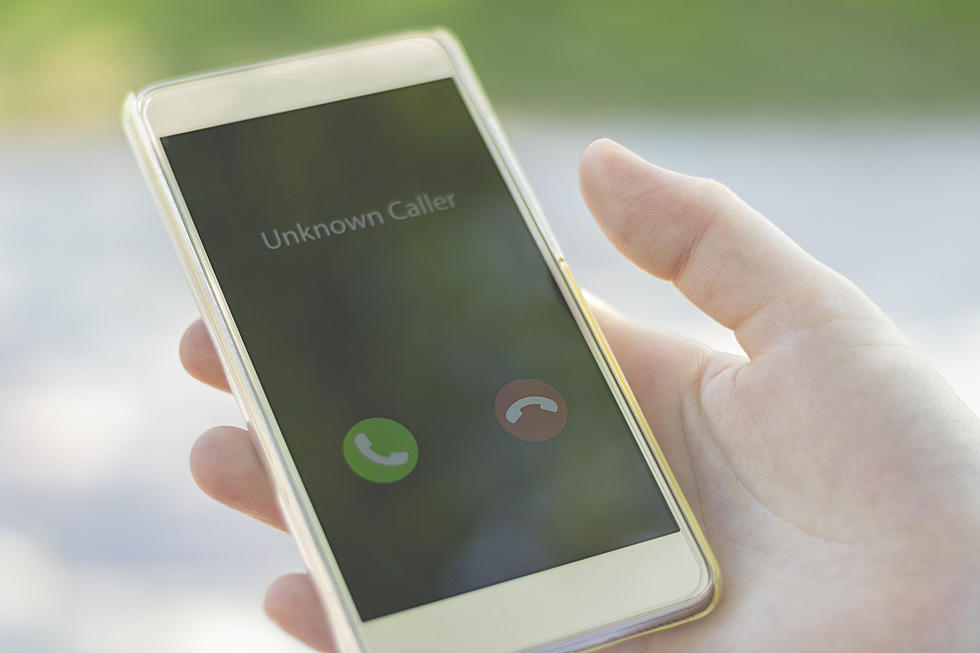
Getting Robocalls And Unwanted Texts? Here’s What You Need To Know
Remember back in the day when your phone would ring, you answered it every time? Yea, those days are gone. Unless I see exactly who is calling on my phone, I will not answer.
Thanks to robocalls and scams, if a number comes up that I'm not familiar with, it will not get answered. Sure, I have all the security measures on my phone, but they only do so much in my experience.
And now, it's not just limited to phone calls, we're getting hit with unwanted texts as well. The Federal Communications Commission website has ways to help stop unwanted robocalls and texts.

The FCC notes that robocalls and texts are their top consumer complaint and consumer protection priority, including spoofed consumer phone numbers and calls that are mistakenly blocked or labeled as a possible scan call by a robocall blocking app or service.
Some tips to stop unwanted robocalls and avoid phone scams from the Federal Communications Commission include, doing just what I do - don't answer any calls from an unknown number, even if it's a local number. If you do answer your phone and are asked to hit a button to prevent further calls, just hang up. Do not hit a number requested to stop calls from coming. It's most likely a trick to identify potential targets.
Also, The FCC recommends you don't respond to questions, especially with a 'Yes' answer. That word could be used against you. And never give the caller any of your personal information. If the call is an inquiry from a person claiming to represent a company or agency, immediately hang up and call the number or check the website of, the company attempting to get information from you.
If the caller is asking for a payment, and you didn't receive a written statement in the mail in advance, that's a red flag. And don't bow to any pressure caller. Use caution if you are being pressured for information immediately. Hang up.
For more information on protecting yourself from robocalls and unwanted texts, visit the Federal Communications Commission website.
via Federal Communications Commission
Explore Battleship Cove - Home to the Largest Collection of World War II Naval Vessels
11 Words Merriam Webster Just Added to Its Dictionary That Could Have Been Left Out
10 Infamous Pennsylvania Murders
More From 99.1 The Whale









